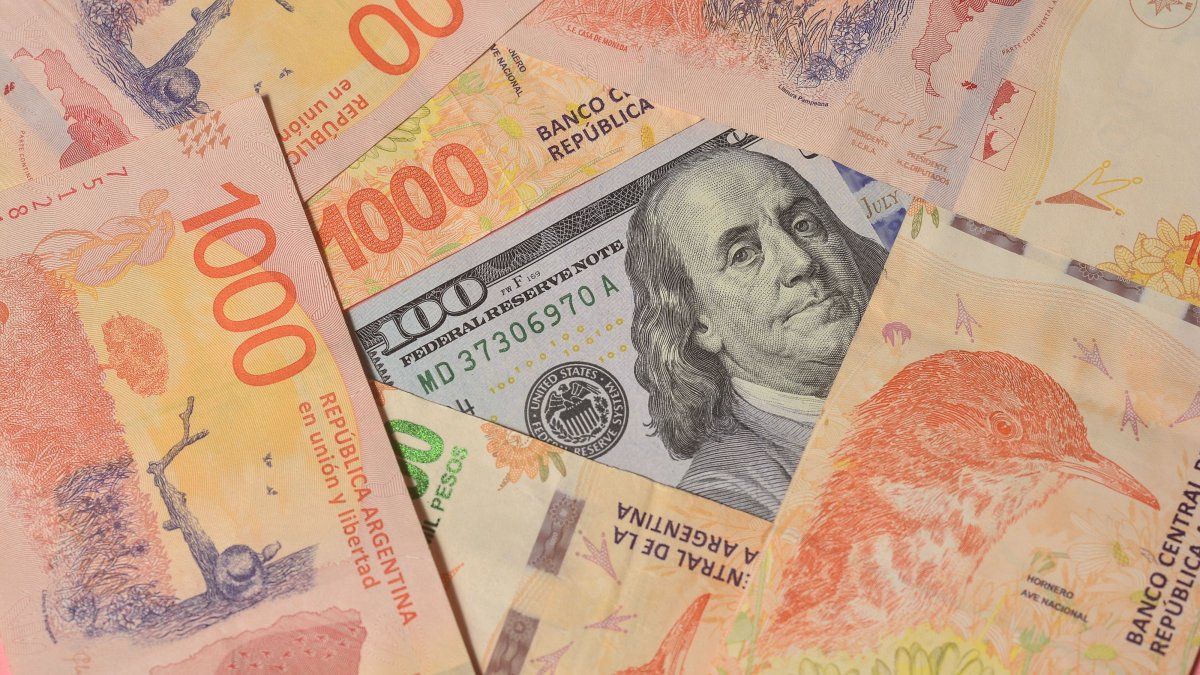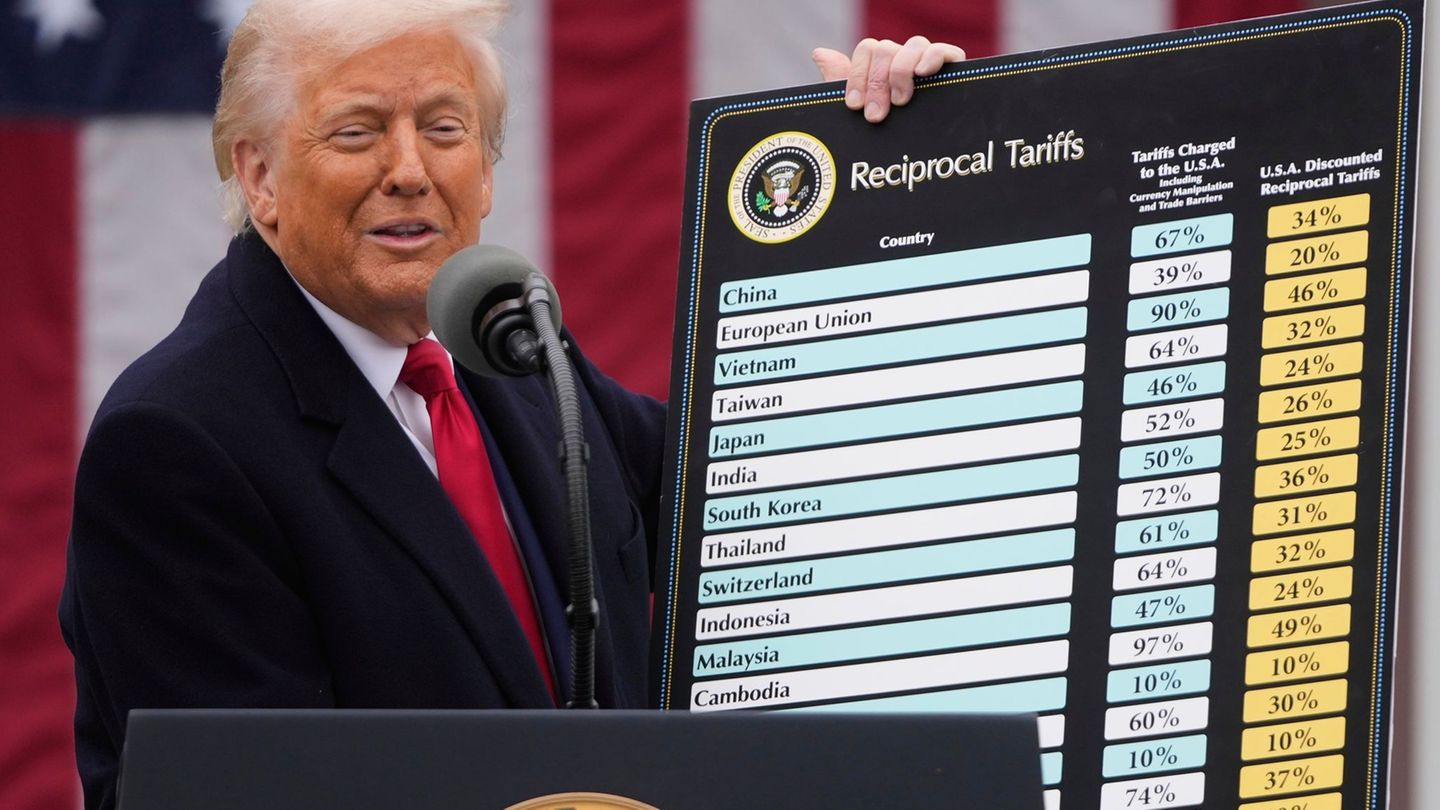Trying to reach 1% monthly inflation in September 2024, The government is procrastinating tariff increases.
There is repressed inflation. If it were not the LLA government, there would surely be talk of the existence of “repressed inflation”, due to the semi-freezing of electricity, gas, transportation rates and, exchange rate lag of the “Caputo tablet”.
In July, the increases in home energy and economic activity were stopped. In August, the internal discussion was settled, adapting a slight advance on the fuel tax, to avoid the influence on inflation and, the readjustment will be 3%. In addition, a slight improvement in the prices of home lighting and heating was arranged, of 4%. Starting August 12, the bus ticket will increase by 37%. In the government’s approach, although it may not seem like it, the sum of repressed inflation in public transport in the AMBA continues, with a public that would be paying a very low fraction of the total price of the supply of the service, or directly could not get to the city to work.
Specifically, inflation remains high (around 4% per month), double the worst inflation of the Cristina Kirchner government.The bad thing is that core inflation is not falling and the minister and the president were probably overconfident in giving a forecast of 1% per month for September.
On the other hand, the exchange rate policy that contributes to stopping the increases in the inflation rate, through the crawling peg of 2% per month, has already announced that it will go down and not go up, running at 1%. This boasting does not help with the need to add foreign currency to the BCRA. Exporters will not liquidate.
The intervention in the (CCL) Contado Con Liquidación (Cash Settlement) reduced the gap by sacrificing reserves to neutralize the pesos retained for the purchase of dollars in May 2024, which amounted to around $2.5 billion. The reduction in the payment period for imports, which went from 4 to 2 monthly payments, encourages demand for dollars and helps neutralize pesos, in exchange for lowering reserves.
The rise in country risk is due, first of all, to external factors, since Argentina is very vulnerable, as we saw on Monday, to exogenous shocks; especially now that a clear US recession is anticipated with increases in unemployment benefit requests, a fall in technology stocks, but also due to the decrease in own reserves, and the doubts posed by the risk of intertemporal fiscal insolvency, due to the 80 trillion pesos (80 billion official dollars) that mature in 12 months, between the second half of 2024 and the first half of 2025.
Although Minister Caputo informed the banks that he already has all the dollars necessary for the payment of the interest coupons on the hard dollar bonds of January 2025, which are about US$1,717 million, there is still There would be no evidence that they have been deposited at The Bank of New York Mellon Corporationcommonly known as BoNY Mellon, an American multinational banking and financial services corporation. The July 2025 payments of $1.705 billion are, for now, a promise that they will be purchased with the trade surplus that the external sector will experience during the same period with a fiscal surplus, supposedly assured.
Instead, (if they get what they are quietly negotiating) the payment of the principal of January 2025 for US$ 2.9 billion would be assured, and, in July 2025 for another US$ 2.9 billion, also in January 2026 for US$ 2.95 billion. All this with a repo with the Bank for International Settlements (BIS in English: Bank for International Settlements) with the guarantee of the gold from the controversial and secret exit of the BCRA, plus a swap with foreign banks. In any case, This is not official, nor have the minimum necessary explanations been given..
Funds from multilateral credit organizations will help for US$ 1.2 billion in August 2024, the IDB (Inter-American Development Bank) has already received US$ 650 million this week, plus the remainder from the IMF. The government has placed its hope and presumes an income of US$ 12 billion from the money laundering.
The most important competitive devaluation in the history of December 2023 was consumed, by 118%. With more crawling peg and inflation still declining, the multilateral real exchange rate would continue to appreciate. The relief that came from the deferred payment of imports provided by the recovery of international reserves was absorbed, which worsened due to the progression of the payment program.
In June, the dominant current account surplus disappeared and turned negative, the accumulation of reserves was interrupted, and the deficit multiplied by four times in July. Since then, they have sunk by US$ 2,648 million, affecting the NIR (Net International Reserves) more than anything else. Surprisingly, of the US$ 17,000 million that the BCRA bought from the current administration, it was only able to retain 30%. Therefore, with an appreciating exchange rate and a growing demand for dollars in the single and free exchange market, net reserves could end the year with negative net reserves above US$ 10,000 million.
Facing imminent external debt maturities and a fall in reserves, the aim of trying to calm the markets with financial cunning may not be sufficiently effective. The measures that attempt to strengthen the objective of reducing inflation and the exchange rate gap between the various dollars do not solve the problem of the appreciation of the peso and do not strengthen the stock of reserves of the BCRA, which means that The fulfillment of the promise of lifting the Macri-Lacunza embargo is moving away. Financial magic is never the way to reduce the country risk premium. Let us add that even the fulfillment of the goal for the third quarter of the year seems difficult to achieve, when tacitly, a decrease in gross reserves of US$ 3,000 million and in net reserves of US$ 2,200 million was assumed.
The vulnerability of Milei’s economy, extremely dependent on money laundering and capital inflows, is very exposed to the mood of the markets. We must keep in mind from now on, the immediate effects of the first shock triggered this Black Monday.where bonds fell by up to 12%, country risk exceeded 1,700 bp, dollars soared even with the BCRA selling; because the next shock could appear due to fear of a recession in the US, and an eventual crisis in some emerging country due to the effect on the international trade situation. If that were to happen, interest in Argentine assets could completely collapse, and the country would be disciplined by the markets and multilateral organizations, before Trump (if he emerges victorious from the technical tie with Kamala Harris), lends his shoulder to President Milei.
In an adverse context, Argentina would face a flight of Argentine assets and the dollarization of portfolios of what remains, in a context in which the BCRA is limited in its use of foreign currency, in order to curb the dollar, due to the restrictive level of net international reserves and the agreement with the IMF, which does not offer money for the formation of external assets.
The problem is that, in the event of another exogenous shock, the real exchange rate would not be enough to calm the foreign exchange market, and this is compounded by a 13% devaluation of the real and a 10% drop in the price of commodities, an increase in the rate spreads on bonds in emerging countries, an appreciation of the dollar against other currencies and a drop in the terms of trade.
The lack of foreign currency in Argentina is not a temporary problem that can be solved with clever measures. It is, in fact, a severe problem of a structural nature, called “external restriction” when the economy grows and “currency shortage” when the exchange rate does not help the exporter. Remember, Argentines think and save in dollars, so every time the financial cycle ends and “we fall off the world” (Argentina fell off in January 2018), the problem of the lack of dollars reappears. The current shortage of dollars is not a contingency, it is the anti-industrial bias, of financial appreciation, and the accidental and recurrent strategies to face this scourge, permanently have long-term consequences.
The drop in imports is related to the recession, but the fall in international commodity prices is not helping at present, and the currency balance could tighten. If everything continues in the same direction, there will be imbalances in the capital account, due to the maturity of debt payments, interest and capital flight.
Director of the Esperanza Foundation. https://fundacionesperanza.com.ar/
Professor of Postgraduate Studies at UBA and Masters in private universities. Master in International Economic Policy, PhD in Political Science, author of 6 books, @pablotigani
Source: Ambito
David William is a talented author who has made a name for himself in the world of writing. He is a professional author who writes on a wide range of topics, from general interest to opinion news. David is currently working as a writer at 24 hours worlds where he brings his unique perspective and in-depth research to his articles, making them both informative and engaging.




